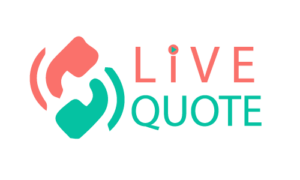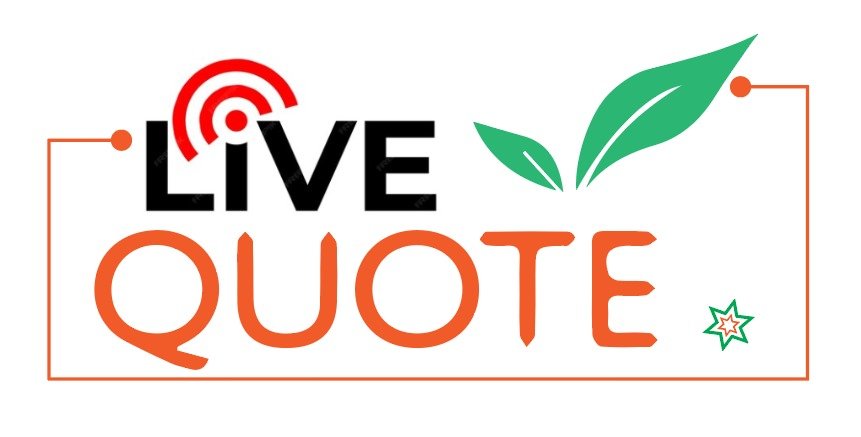In our era dominated by technological strides and constant digital allure, the age-old saying, “The more you read, the more you know,” holds profound significance.
Throughout the annals of human civilization, reading has stood as a cornerstone of intellectual development.
From ancient scrolls to contemporary e-books, reading has consistently shaped our comprehension of the world, pushing the boundaries of human knowledge.
This exploration delves into the far-reaching impact of reading on cognitive abilities, personal growth, and societal advancement.
The Cognitive Advantages of Reading
Mental Stimulation:
Reading is akin to a mental exercise, engaging cognitive functions like comprehension, critical thinking, and analysis.
Decoding words, sentences, and paragraphs activate various areas of the brain, fostering intellectual agility.
Vocabulary Enrichment:
A tangible benefit of consistent reading is the expansion of vocabulary.
Exposure to diverse genres, authors, and writing styles introduces readers to many words, enhancing spoken and written communication skills.
Focus and Concentration Enhancement:
In an age of perpetual digital diversions, reading demands sustained focus.
Regular reading sharpens the ability to concentrate for extended periods, a skill valuable in academic pursuits and personal and professional endeavours.
Fostering Critical Thinking:
Reading prompts individuals to question, analyze, and evaluate information.
Whether deciphering a philosophical treatise or unravelling a mystery novel, reading nurtures critical thinking skills essential for navigating our complex world.
The Journey of Personal Growth Through Reading
Empathy and Emotional Intelligence:
Fictional narratives offer a window into the human experience, fostering empathy and emotional intelligence.
Immersing ourselves in diverse characters’ lives enriches our understanding of different perspectives and cultures.
Self-Discovery and Reflection:
Reading is not merely an external exploration but also an internal journey. Literature’s reflective nature often encourages readers to contemplate their beliefs, values, and aspirations, fostering personal growth and self-discovery.
Moral and Ethical Development:
Numerous literary works explore complex moral and ethical dilemmas, allowing readers to contemplate and develop their ethical frameworks.
This contributes to the creation of conscientious and discerning individuals.
Coping Mechanism and Stress Reduction:
Reading serves as a therapeutic escape, providing a respite from daily stresses. Whether through fiction, non-fiction, or poetry, reading promotes mental well-being and resilience.
The Ripple Effect on Societal Progress
Educational Empowerment:
The link between reading and academic success is well-established. Reading is fundamental to acquiring knowledge and empowers individuals with the tools for lifelong learning.
Informed Citizenship:
A well-informed populace is crucial for a functioning democracy. Reading newspapers, magazines, and reputable online sources fosters an informed citizenry, vital for making sound political decisions.
Innovation and Creativity:
Avid readers often become incubators for innovation. Exposure to diverse ideas sparks creativity, driving advancements in science, technology, and the arts.
Cultural Preservation:
Literature serves as a repository of cultural heritage, preserving societies’ collective wisdom, stories, and traditions. Engaging with the literary works of different cultures contributes to our appreciation of our shared human history.
Overcoming Barriers to Reading
Digital Distractions:
The ubiquity of digital devices challenges sustained reading habits. Setting dedicated reading time and creating digital-free zones can help mitigate these distractions.
Time Constraints:
Busy schedules and competing priorities may limit reading time. Recognizing the value of reading and prioritizing it can help cultivate a reading habit.
Access to Resources:
Socioeconomic disparities can impact access to books and educational resources. Initiatives promoting literacy, community libraries, and digital platforms offering free or affordable e-books can bridge this gap.
Conclusion
In conclusion, the enduring wisdom encapsulated in the phrase “The more you read, the more you know” resonates as a fundamental truth in our information-rich age.
Reading enriches cognitive abilities, catalyzes personal growth, and contributes to societal progress.
By embracing the power of reading, we embark on a journey of continuous learning, self-discovery, and contribution to humanity’s collective wisdom.
In a constantly evolving world, reading remains an enduring beacon, guiding us toward enlightenment, empathy, and a deeper understanding of ourselves and our world.

